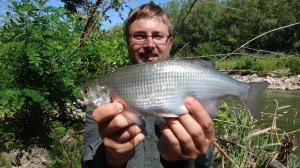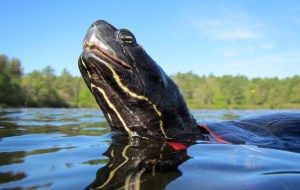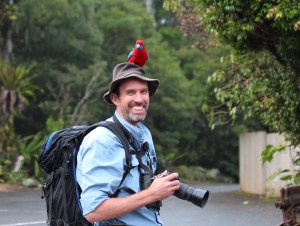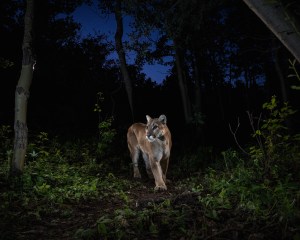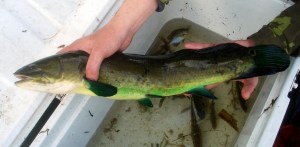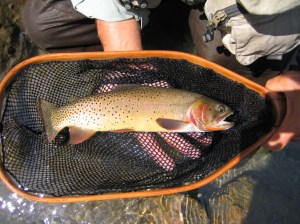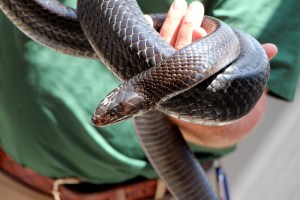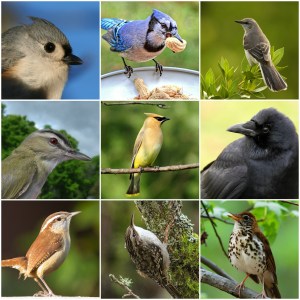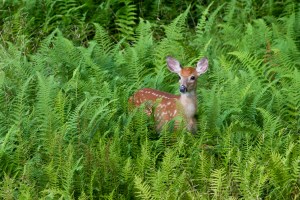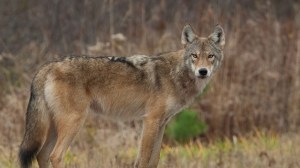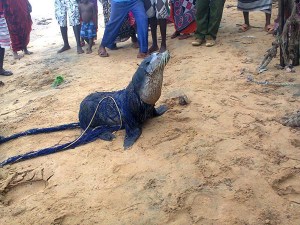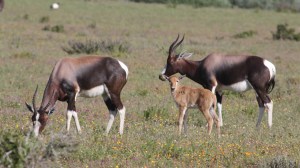Discover stories in Wildlife
Obsessed by Nature: The World of Fishy Life Listing
Most anglers are content with their bass and trout. But some want to catch…everything. Welcome to the world where fishing meets life listing.
Recovery: Rare Turtle Gets a Second Chance
Only 300 Plymouth redbellies remained – making them arguably the continent’s rarest turtle. They were confined to one county. And they weren’t breeding. What saved the redbelly from extinction?
Epic Birding Fails: Lyrebirds in Australia
Birders Justine E. Hausheer and Tim Boucher set out to find the Albert's Lyrebird in Australia. One of them succeeds, and the other adds another nemesis bird to their list.
Camera Trap Meets Studio Lighting: Stunning Images and the Story Behind Them
Camera traps provide important scientific evidence of creatures that we seldom see, but the usual camera trap pictures are not quality wildlife art. Enter Jonny Armstrong.
Adventures with Bowfin, North America’s Underdog(fish)
The bowfin has proven tougher than T. rex. But is it tough enough to survive humanity?
Recovery: The Return of Native Fish, Victims of Bucket Biology
Restoring arctic char; they are rarely seen, even by anglers; they are furless, featherless and cold. But they are wildlife – ice-age relicts as important to our nation as California condors.
Indigos Return: A Florida Breeding Program Raises Eastern Indigo Snakes for Reintroduction
Meet the captive-bred eastern indigo snakes destined for release at the Conservancy’s Apalachicola Bluffs and Ravines Preserve.
Your Field Guide is Wrong: A Bird’s Eye View of the World
Birds see the world differently than we do, seeing a whole range of colors that are literally unimaginable to us.
Deer Management Solutions: It Takes a Village. Literally.
Our communities have a problem—one that is trotting on four hooves from woods and fields right into our neighborhoods at an astonishing rate: white-tailed deer.
Wolf? Coyote? Coywolf? Understanding Wolf Hybrids Just Got a Bit Easier
Gray wolf, red wolf, coywolf, coydog. Wild canine taxonomy can be confusing -- and often comes with a heavy helping of folklore. But what does the science really say?
This Fur Seal is 4,000 Miles From Home. Here’s Why.
A Subantarctic fur seal sets a new distance record. How did this critter get so far from home?
Bontebok Can’t Jump: The Most Dramatic Conservation Success You’ve Never Heard About
It's a story largely forgotten: Bontebok, an antelope endemic to the South African Cape, were once reduced to 17 animals. What saved them? The answer will surprise you.
